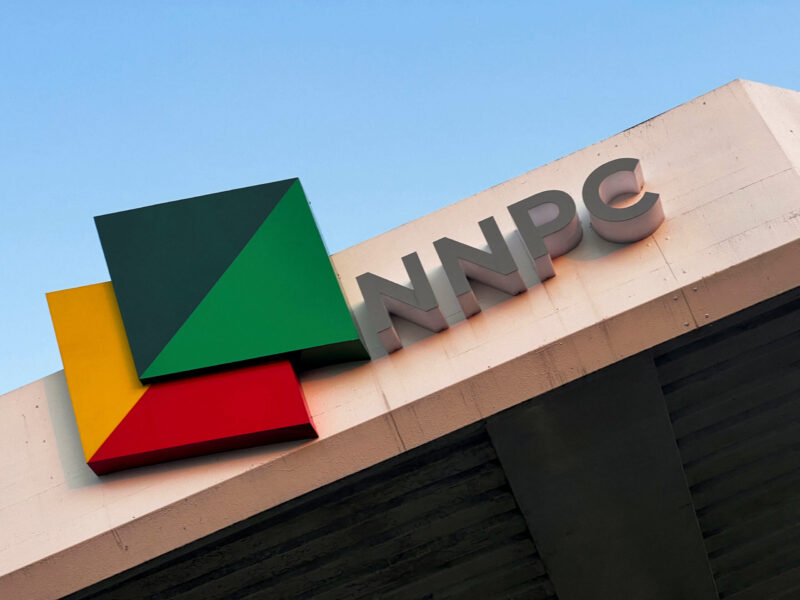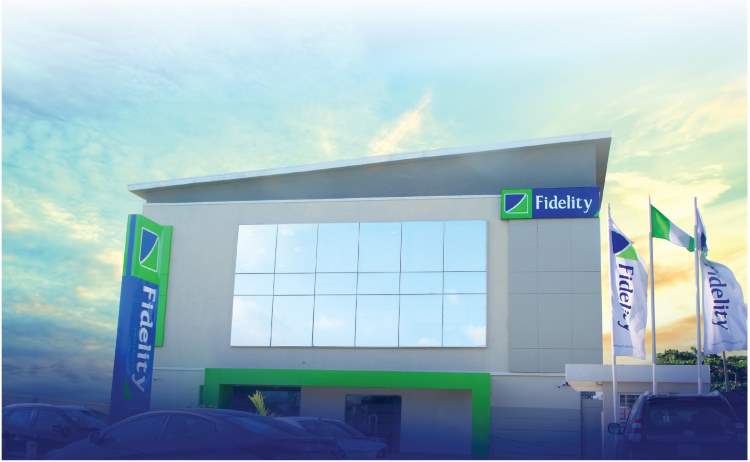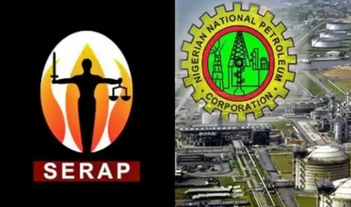NNPC’s crude sales have topped $21.5 billion since 2019, underscoring challenges in fulfilling its Domestic Crude Supply Obligation to refineries
[dropcap]T[/dropcap]he Nigerian National Petroleum Company Limited (NNPC) has seen its crude oil sales surge to $21.565 billion since 2019, further complicating its ability to meet its Domestic Crude Supply Obligation (DCSO) to local refiners.
Also read: NNPC cuts petrol prices to match Dangote refinery, fuel price war intensifies
The document details the numerous deals entered into by NNPC, including controversial agreements such as ‘Project Gazelle’ in 2023, which is part of a broader pattern of long-term financial commitments by the state-run oil giant.
Since the beginning of 2019, NNPC has entered into at least 11 significant deals. Notably, the company has yet to fulfill its DCSO commitments, with local refineries, including the Dangote refinery, continuously struggling with crude oil shortages.
Among the most recent and notable deals are ‘Project Leopard’ and ‘Project Gazelle II’, which were struck in an attempt to secure more resources to support operations.
The former is valued at $2 billion, while the latter is significantly larger at $7.5 billion. These deals, along with the $3.4 billion ‘Project Gazelle’ oil swap agreement, are set to mature in the next decade, with their terms raising concerns over long-term sustainability.
Despite these large financial commitments, the amount of crude oil mortgaged remains unclear, though the agreements are expected to play a significant role in the company’s future funding strategy.
The bulk of these projects, including the $3 billion NLNG Train 7 and the $1 billion ‘Project Eagle’, extend well into the next decade, further stretching NNPC’s ability to supply the domestic market with enough crude for refining.
One of the more contentious aspects of these agreements lies in the role of Afreximbank, which declined to participate in the latest $2 billion raise for Project Leopard, citing concerns about the NNPC’s growing debt exposure.
The bank had already reached its limit for offering Pre-export Financing (PXF) resource-backed loans to the NNPC, which had previously participated in a $3.3 billion emergency crude repayment loan in 2023.
Furthermore, there is growing concern over the terms of these oil-backed deals. For instance, Project Gazelle II is expected to feature Saudi Aramco or Abu Dhabi’s ADNOC, with a pricing structure that is significantly below the market rate.
This pricing discrepancy could jeopardise the long-term viability of these projects and further complicate NNPC’s ability to meet its financial obligations.
Despite these issues, local refiners continue to face persistent challenges in securing the crude oil they need to operate.
The Dangote refinery, a key player in Nigeria’s refining sector, has faced difficulties in obtaining a steady supply of domestic crude, forcing it to rely on imported oil.
This issue has led to the continued underperformance of Nigeria’s local refining capacity, hindering the country’s efforts to process more of its crude oil domestically.
The Nigerian Upstream Petroleum Regulatory Commission (NUPRC) has been proactive in trying to resolve these supply issues.
Recently, the commission warned that it would deny export permits for crude oil cargoes intended for domestic refining unless oil companies meet their supply commitments to local refineries.
However, despite these efforts, the ongoing shortage of available crude for refining continues to plague the sector.
Also read: NNPC denies claims of importing 200 million litres of petrol
In conclusion, while NNPC’s crude sales have brought in substantial revenue, the company’s numerous financial commitments, coupled with its struggle to meet the Domestic Crude Supply Obligation, paint a picture of an oil giant in a delicate balancing act.





























